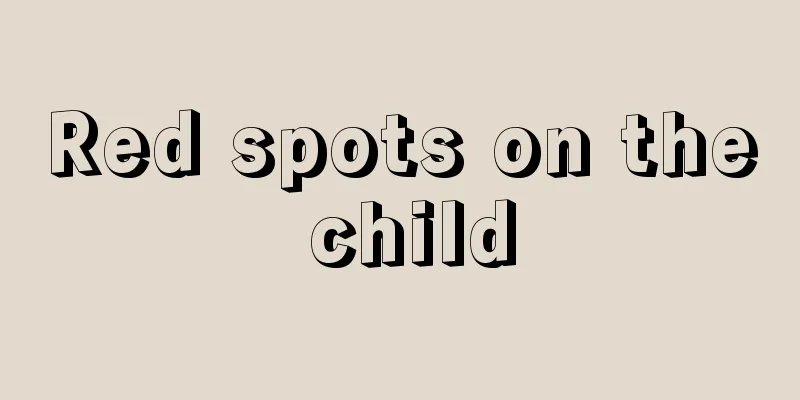How many months does the baby stop spitting up milk?

|
After giving birth to their first child, many young mothers are at a loss because of various conditions that occur in their newborns, especially when the baby is breastfeeding for the first time, milk often flows out from the corners of the mouth, or the baby spit out all the milk just after feeding. At this time, we need to understand how many months the baby will not spit up milk and how to care for the baby who spits up milk. If the baby lies flat on the bed immediately after feeding, milk will flow out from the corners of the mouth, and the baby may even spit out all the milk he has just eaten. However, if you hold your baby upright for a while after feeding and then put him/her in bed, spitting up will be significantly reduced. In medicine, this kind of spitting up is called regurgitation. Why do babies spit up milk? The stomach of a child is horizontal, with a straight bottom, and the contents can easily overflow. After standing and walking, the diaphragm descends and the effect of gravity gradually turns it into a vertical position. In addition, the baby's stomach capacity is small, the stomach wall muscles and nerves are not yet fully developed, and the muscle tone is low, all of which can easily cause milk regurgitation. The sphincter of the cardia (near the esophagus) of the baby's stomach is not as well developed as that of the pylorus (near the duodenum), which makes the stomach's outlet tight and the entrance loose. When the baby lies flat, the stomach's contents can easily flow back into the esophagus and overflow with milk. Improper feeding methods, excessive feeding, inverted nipples, empty bottles, or nipples that are not full of milk can all cause the baby to swallow a lot of air and spill milk. Frequent changes in body position after feeding can also easily cause milk to spit up. Spitting up is completely preventable. For bottle feeding, the nipple opening should be of the right size and the nipple must be filled with milk. If the mother has inverted nipples, they should be corrected during pregnancy. After feeding, the baby should be gently picked up, with the head resting on the mother's shoulder, and the baby's back should be patted gently to expel the air in the stomach. If the milk regurgitation is caused by the relaxation of the cardia and incomplete closure function, the baby should be held upright for one or two hours after feeding, and then put on the bed with the head slightly raised. As the muscles in the gastric cardia develop fully, the symptoms of milk regurgitation will gradually ease. It is a very common problem for children to spit up milk, which usually happens in newborns. When children are breastfeeding, the air that enters their mouths will enter their stomachs. In addition, the children's stomachs are not well developed, so they are always prone to spitting up milk. It is recommended that the mother hold the baby up with his head on her shoulder after feeding, and gently pat the baby's back to help expel the air. |
<<: Why is the child late in speaking?
>>: Causes of knee pain in children
Recommend
Anal itching in children
Anal itching in children is a relatively common s...
Measurement and reference standards for height and weight of seven-month-old babies
Babies are the most beautiful and precious gifts ...
How to prevent ADHD in children?
ADHD in children may not seem to have any effect ...
What should I do if my child has rash?
The health of children is very important, and it ...
How much water should a newborn baby be fed?
?In addition to milk, newborns also need to drink...
Why is the baby's scrotum big?
Our parents must pay attention to the fact that o...
What are the symptoms of calcium deficiency in boys?
Calcium is an important nutrient for the human bo...
What department should I go to for pigeon breast in children?
Pigeon chest is a medical disease, and many child...
Six factors that affect children's height
Key factor 1: Lack of core nutrition affects chil...
The reason why seven-month-old babies grind their teeth
Babies love to grind their teeth, and mothers suf...
Causes of toothache in 6-year-old children
What causes toothache in 6-year-old children? Thi...
How to correct a boy's hunchback
Hunchback is mainly a phenomenon of abnormal bone...
What are the detailed symptoms of epilepsy in children?
Epilepsy is most likely to occur in children aged...
What food is suitable for children with cold and fever
We all know that people who are hospitalized have...
Be careful! Children who often eat off-season fruits are prone to precocious puberty
In modern life, people's living standards are...









